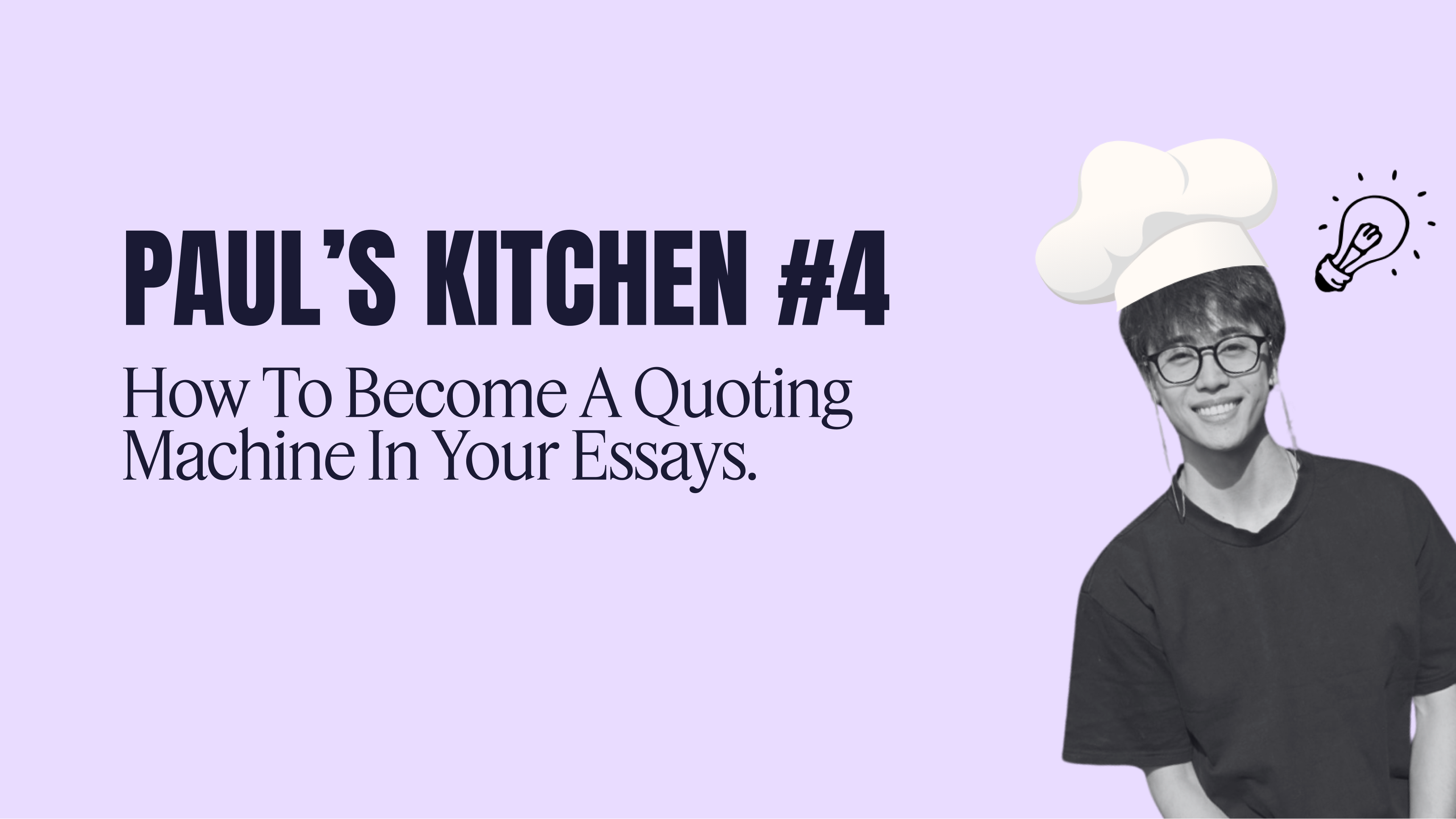
VCE English Resources
Access curriculum-aligned and text-specific resources crafted by experienced educators and top VCE performers. Want to be the first to know when our library is updated? Join our mailing list so you won't miss out.
Text analysis guides

An Ultimate Guide to Sunset Boulevard by Billy Wilder
Sunset Boulevard is a 1950 film noir written and directed by Billy Wilder. It follows Joe Gillis, a struggling screenwriter, as he stumbles upon former movie star Norma Desmond.

An Ultimate Guide to Oedipus The King
Sophocles' tragic play Oedipus The King dramatises the spectacular deterioration of its titular protagonist as he uncovers the devastating truth of his own identity. The drama opens in Thebes, where a catastrophic plague ravages the city.

An Ultimate Guide to Bad Dreams and Other Stories
Tessa Hadley, born in Bristol in 1956, is a British author most famous for her novels, her short stories, and her non-fiction writing. The main concerns of her writing are usually human relationships, domestic lifestyles, and family dynamics, and her writing is usually realistic rather than fantastical.
Latest blog articles

He said, she said, they said… how to become a quoting machine in your essays.




